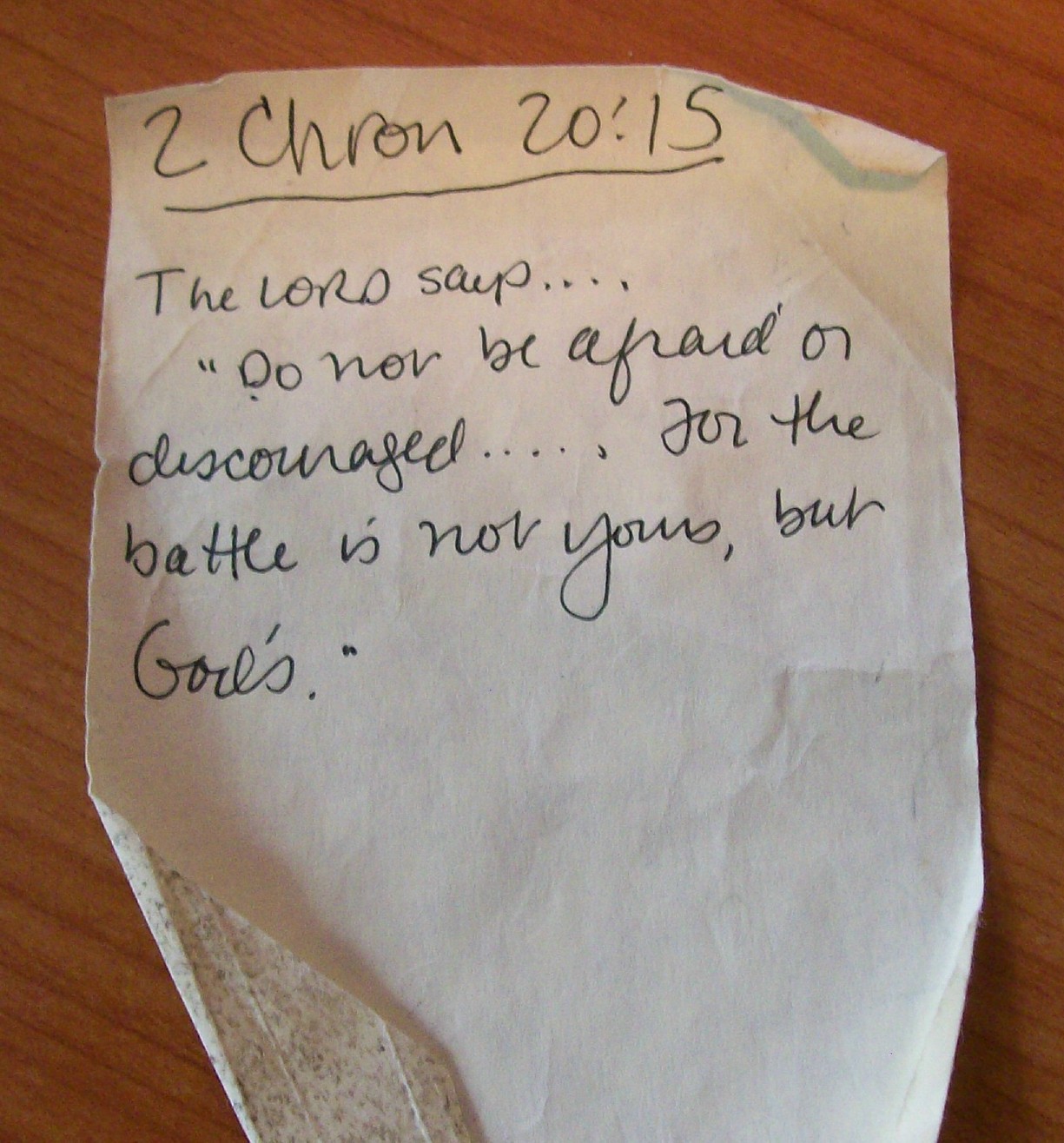(UPDATE 10/17/18 SEE BELOW)
I recently read a comment on an online article that said something to the effect of “Homeschooling parents are control freaks who want to run their children’s lives.”
It bugged me, yet I realized that there’s some truth to that statement. While no one wants to be called a control freak, and most homeschooling parents’ goal is to raise their children to become independent young adults, the fact is that there are a lot of dangers in this world that we parents want to keep away from our children. Many of them are found in public schools, but there are also everyday dangers that we want to avoid; homeschooling allows us to avoid them.
For example, homeschooled children have more opportunities to get physical exercise than other children. They’re not stuck at a desk for many hours a day. They can run outside and play whenever the weather isn’t bad. They have plenty of free time to use in physical pursuits such as tree-climbing, basketball playing and walking the dog, because they’re not tied to a daily school schedule. So unless their parents make them do online school for eight hours a day, they’re getting more exercise than most children.
This helps them avoid the common danger of childhood obesity, which is worsening. In fact, a recent study found that today’s children actually have less physical strength and carry more fat than the children of the late 1990s. So when homeschooling parents “control their children’s environment,” they’re actually giving their children a healthier lifestyle than they would have if they went to school.
Another danger that many homeschooling parents avoid is allowing their children random and unsupervised Internet access before they’re old enough to handle it. When I was doing research for my new book, I was shocked to learn the extent to which cyberbullying has spread, and how much it has hurt children, to the point that some of them are committing suicide. Then there’s the potential for pedophiles to reach them through online contact—ugh.
Yet today’s schoolchildren often carry Internet access on their bodies in the form of iTouches and Smartphones. At home, they have unfettered access to the Internet. Their parents say they let them conduct their social lives on the Internet because they don’t want them to feel left out. Relatives with young children tell me that party invitations are now distributed online, so if you want your child to be included, you have to let them be on Facebook (which is now actively pursuing children under the age of 13).
This is another danger homeschooling parents can avoid. By not giving our kids unsupervised round-the-clock access to the Internet until they’re old enough to handle it, we can protect them from the dangers that lurk there. Some will call that being a control freak. I call it something else: parenting.
How about you? Do you encourage your children to run and play outside? Do you have full or partial restrictions on their Internet use? Do you mind being called a control freak homeschooling parent? I’d love to get your take on this.
UPDATE 10/17/18: Things have only gotten worse since I wrote this post seven years ago. Schoolkids are fatter than ever, and even some preschoolers have smartphones now. As for “control freak homeschooling parents,” I can only pray that their numbers have increased, and therefore, the number of children being protected from these dangers has also increased.


